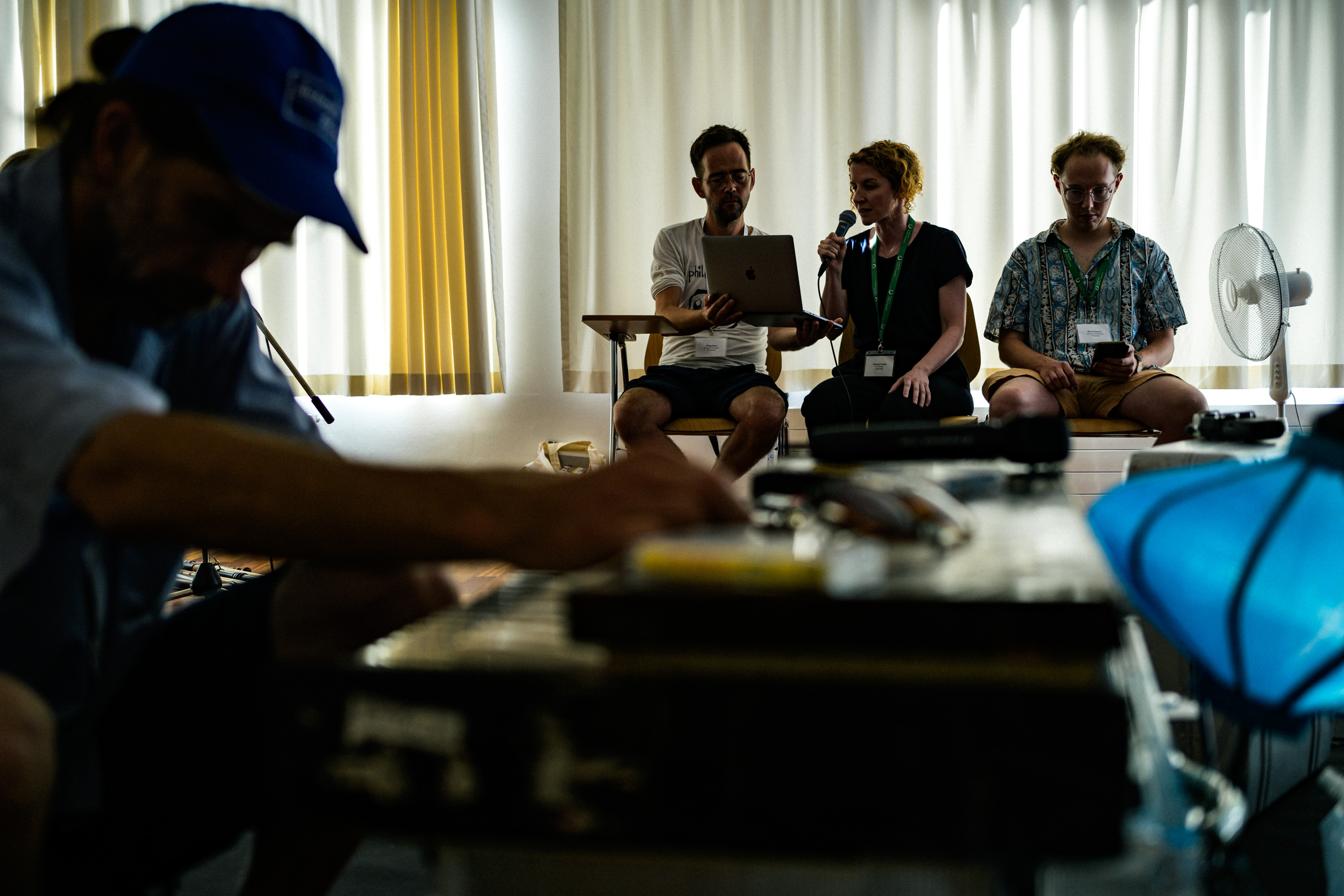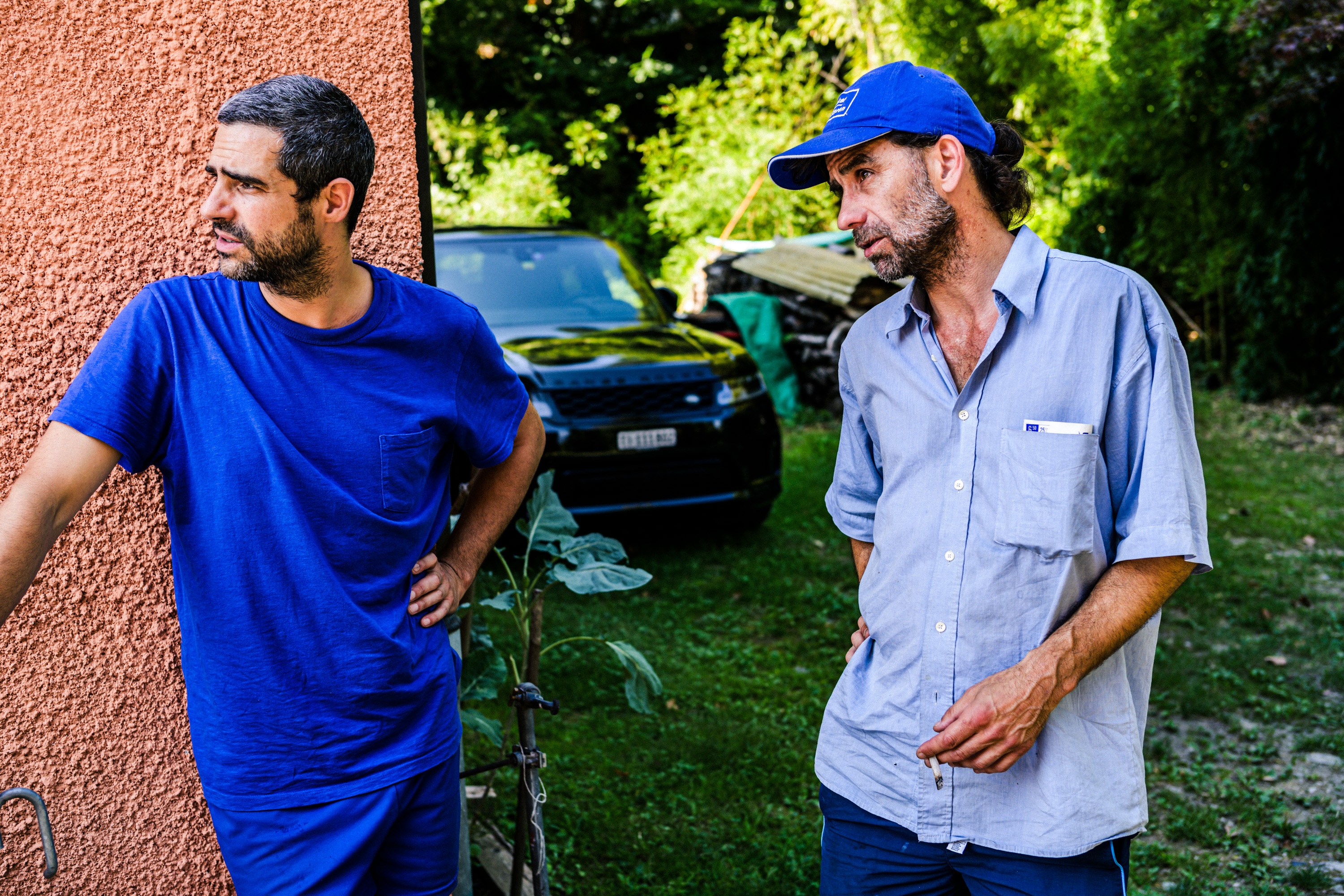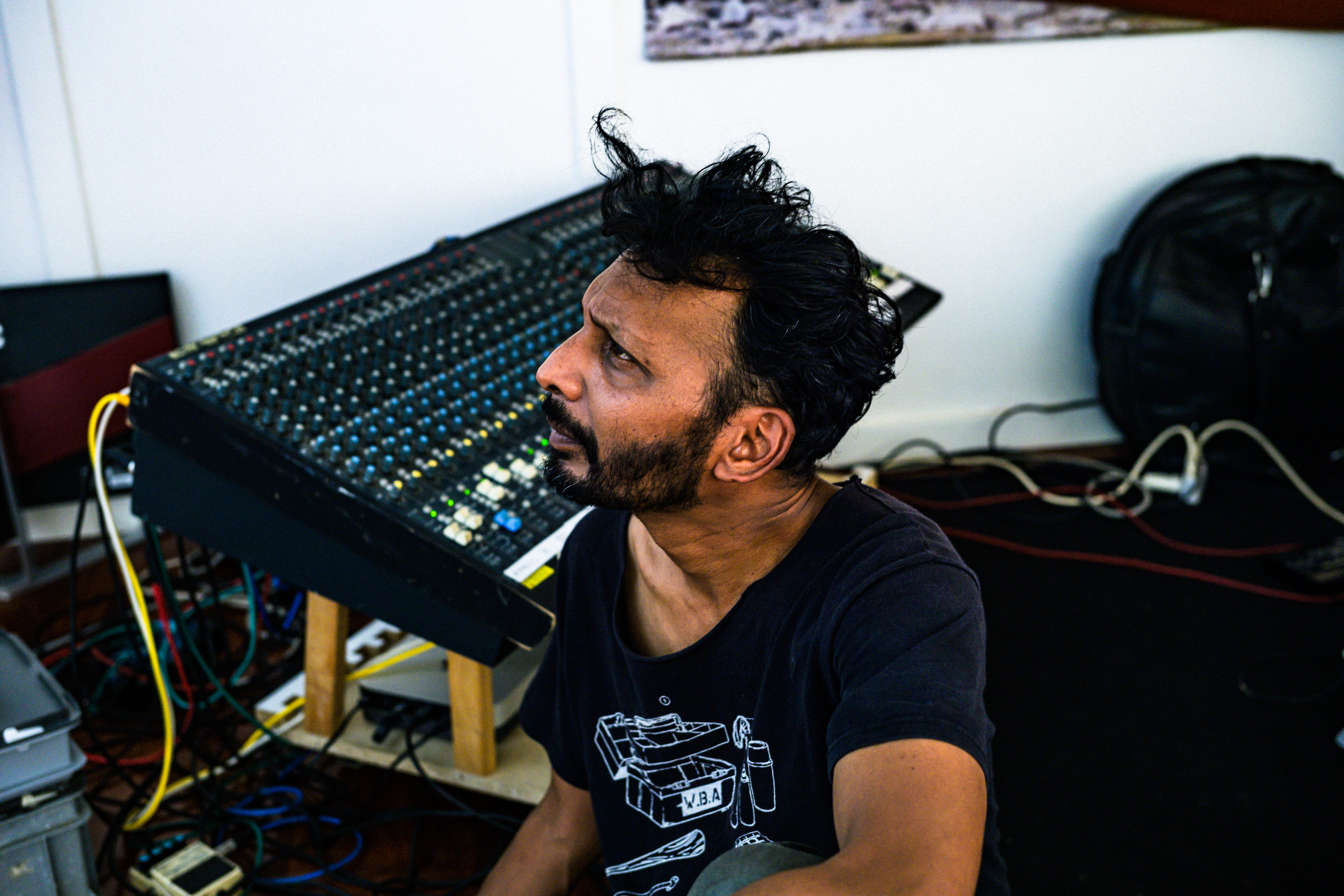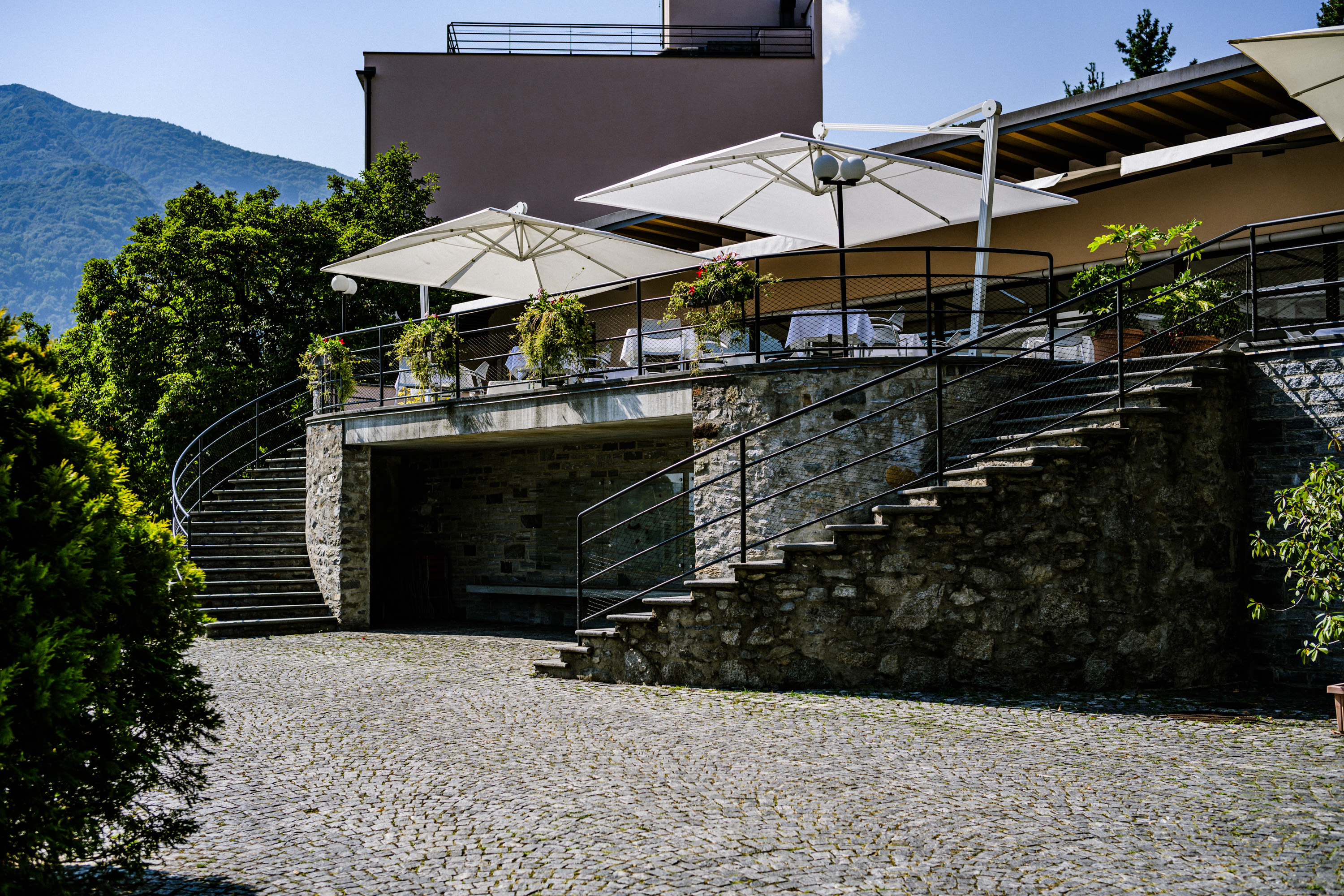Die Wissenschaft der Logik, first published between 1812 and 1816, is the work in which Hegel outlined his vision of logic as a system of dialectical metaphysics.
According to Hegel, logic is the form taken by the science of thinking in general. He thought that this science demanded a total and radical reformulation "from a higher standpoint."

In this performance, Philipp Blum, Fabienne Forster, and Simon Kräuchi engage themselves in an improvised reading of a passage of the Introduction to Hegel's Die Wissenschaft der Logik.
The particularity of this performance is the linguistic mixture. The text is read in different Swiss dialects: Valaisain, Zurich, and Berne's dialects.
The reading is accompanied by very suggestive music produced by Miro Caltagirone, Hervé Thiot, Benjamin Weber, and Silvia Berchtold.
Here is the recording:


The event, organized within the framework of Agora project, took place in Monte Verità (Ascona), a meeting place for the well-known life-reformers (Lebensreform), artists, writers, and supporters of various alternative movements in the first decades of the 20th century.
Discover other performances that took place in Monte Verità:
Enola Rindlisbacher on Descartes' Discours de la méthode
Rafaela Scheiwiller's philosophical meditation
Valentina Luporini on Giordano Bruno's De la causa

